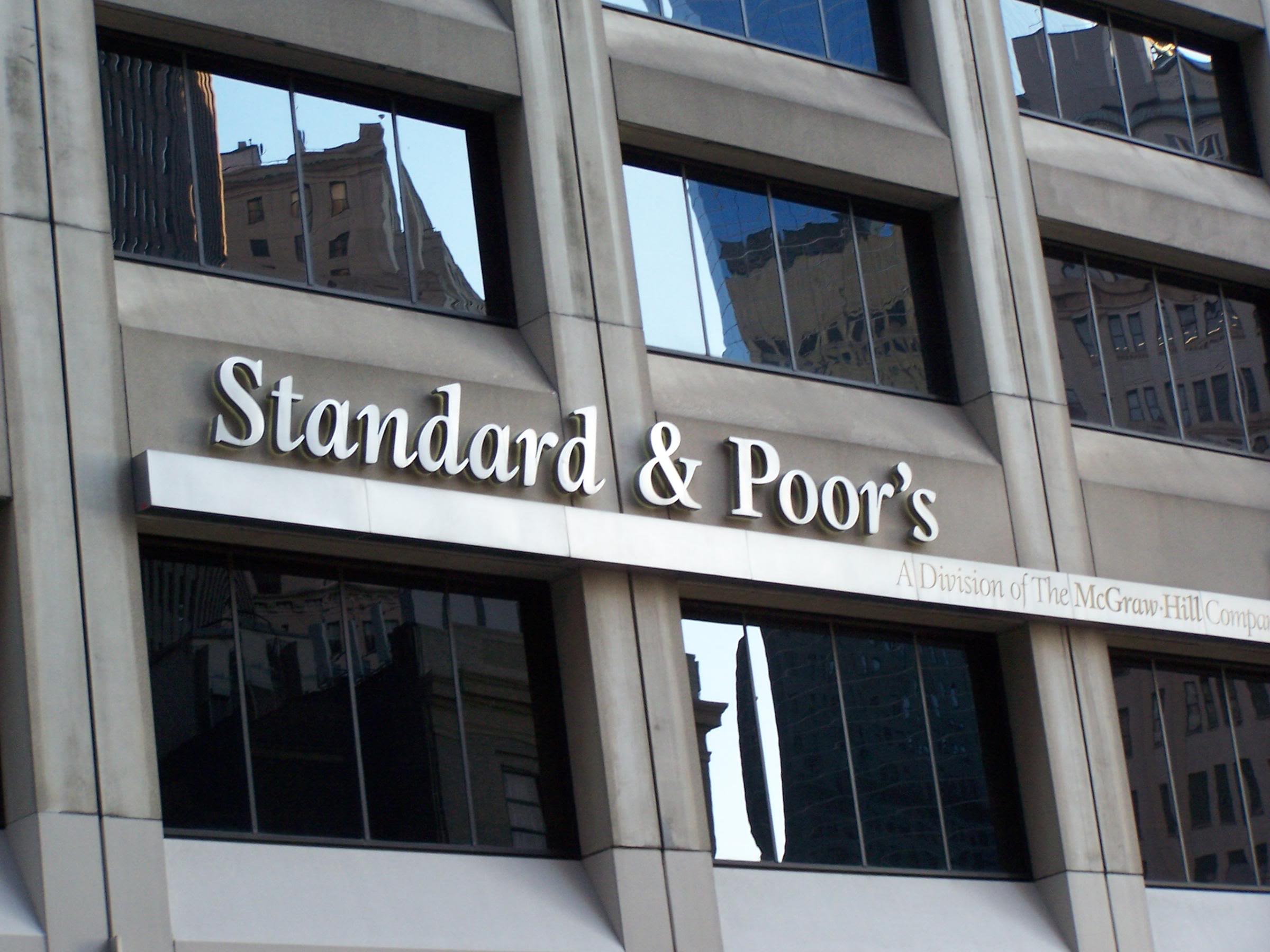Euro weakens with S&P 500 futures before Greek talks; bonds rise

By Bloomberg
The euro weakened, U.S. equity-index futures fell and Treasuries rose with German bunds as creditors ramped up pressure on Greece amid talks on further funding. Oil headed for its first weekly loss in a month as U.S. supplies reached a record.
Europe’s shared currency declined 0.8 percent to $1.1283 at 8:23 a.m. in New York. The Stoxx Europe 600 Index slipped 0.1 percent and Standard & Poor’s 500 Index futures dropped 0.3 percent. Deere & Co. retreated after cutting its profit forecast. Greek stocks declined while bonds pared gains. Treasuries gained, sending the 10-year yield four basis points lower to 2.08 percent. Germany’s rate slid to 0.34 percent. Oil in New York headed for a 2.1 percent drop this week.
Germany and its allies are ready to let Greece leave the euro unless Greece accepts the conditions required to extend his country’s financial support, according to Malta’s Finance Minister Edward Scicluna. Reports today showed French manufacturing weakened and Germany’s missed estimates even as a gauge of euro-area factory output and services strengthened this month.
“Although many in the market may have hoped for a final deal to be reached, there’s still a lot of uncertainty about the debt talks,” said Roberto Mialich, a senior foreign-exchange strategist at UniCredit SpA in Milan. “We see the PMI data as disappointing and perhaps that offered some last minute opportunity to square books ahead of the Eurogroup summit. That weighed on the euro.”
Emergency talks between euro-region finance ministers at agreeing an extension of Greece’s aid program were set to resume in Brussels Friday as the country seeks a deal to prevent defaulting on obligations as early as next month. By bowing to German demands, Prime Minister Alexis Tsipras risks a domestic backlash from voters and party members whom he’s promised an end to austerity.
The 19-nation shared euro fell versus all but one of its 16 major counterparts, declining most against the Australian and New Zealand dollars. It slid 0.7 percent against the yen.
Pound Drops
Britain’s pound dropped 0.4 percent to $1.5358 after retail sales fell more in January than analysts estimated.
The Stoxx 600 is heading for a third weekly gain, the longest streak since the start of December. Greece’s ASE index added 1.7 percent, trimming this week’s loss to 2.5 percent, while the yield on the nation’s 10-year government bonds fell 18 basis points to 9.75 percent.
European stocks were whipsawed Thursday, gaining after the European Commission said Greece’s request for an extension of loan facilities could pave the way for compromise.
Stocks then pared gains on news Germany had rejected the plan, before rising again as a German official, who asked not to be identified because the talks are private, said his government regarded a Greek proposal as a basis for negotiations.
Credit-default swaps insuring $10 million of Greek government debt for five years were little changed at $4.2 million upfront and $100,000 annually, signaling a 70 percent probability of default, according to CMA.
Gemalto NV, the largest maker of mobile-phone cards, tumbled 7.2 percent after Intercept reported a hacking into its network to steal encryption keys for mobile communication.
Deere, the largest manufacturer of agricultural machinery, fell 1.9 percent in early New York trading.
Emerging Markets
The MSCI Emerging Markets Index dropped 0.3 percent, heading for its first weekly decline this month. Markets from South Korea to Hong Kong and Malaysia were closed for Lunar New Year holidays Friday. India’s S&P BSE Sensex fell for the first time in eight days, slipping 0.8 percent.
Russia’s ruble weakened 0.3 percent, trimming this week’s advance to 2.2 percent. The currency has climbed 9.9 percent in Micex trading this month, heading for its best month since records began in 2003. The dollar-denominated RTS index was little changed, leaving it 24 percent higher this month, the most worldwide.
The ruble’s rally is vulnerable because it depends on a Ukraine cease-fire and Brent oil staying at about $60 a barrel, according to Credit Suisse Group AG to Sweden’s SEB AB. Brent was little changed at $60.33.
Pro-Russian separatists attacked Ukrainian positions 49 times in 24 hours, using artillery and focusing on the Donetsk area at night, the Security and Defense Council said on its Facebook page on Friday in Kiev. The rebels continued shelling government forces near the Sea of Azov port city of Mariupol, army spokesman Anatoliy Stelmakh said. Ukrainian troops also took fire near the village of Pisky, in the outskirts of the city of Donetsk.
Oil Falls
West Texas Intermediate crude was little changed at $51.16 a barrel after sliding more than 4 percent the previous two days. The U.S. benchmark is heading for its first decline since losing 6.4 percent in the week to Jan. 23. Brent is down 1.9 percent for the week.
U.S. crude inventories rose by 7.7 million barrels to 425.6 million through Feb. 13, the Energy Information Administration said Thursday. The amount is the highest level in weekly records compiled by the EIA since August 1982. Analysts surveyed by Bloomberg had predicted a median increase of 3 million barrels.
Gold traded at $1,203.04 an ounce in the spot market. The precious metal, often viewed as a store of value and haven investment, has lost 2.2 percent this week, on track for its fourth straight weekly loss and the longest retreat since September 2013.
Nickel for delivery in three months on the London Metal Exchange dropped 0.4 percent to $13,930 a ton after closing at a one-year low Thursday. Supply exceeded demand by 12,700 metric tons in December, almost double the previous month, the International Nickel Study Group said Friday.
